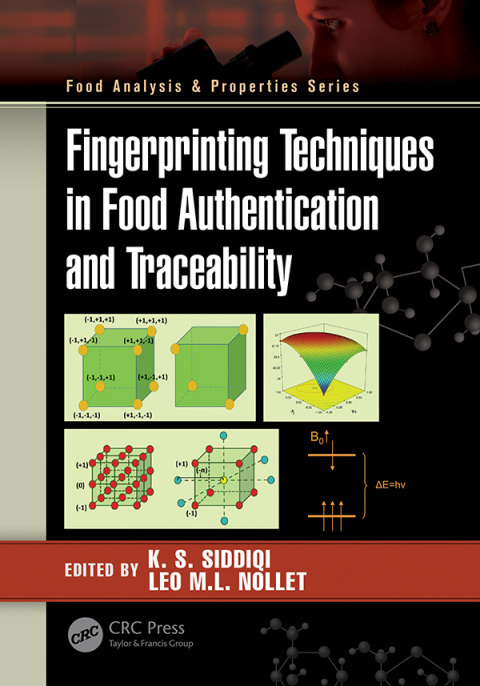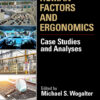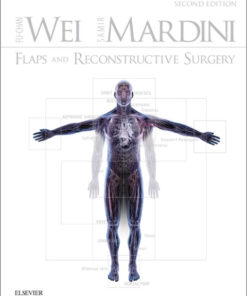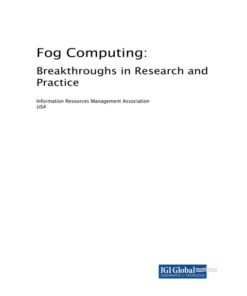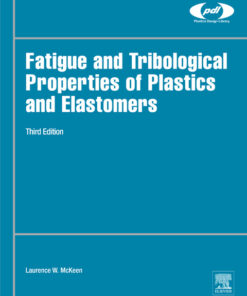Fingerprinting Techniques in Food Authentication and Traceability 1st Edition Ebook (nilibook.shop)
$25.00
CRC Press
Fingerprinting Techniques in Food Authentication and TraceabilityThere is an increasing interest by consumers for high-quality food products with a clear geographical origin. With these products in demand, suitable analytical techniques are needed for the quality control. Current analytical approaches are mass spectrometry techniques, spectroscopic techniques, separation techniques, and others. Fingerprinting Techniques in Food Authentication and Traceability discusses the principles of the techniques together with their advantages and drawbacks, and reported applications concerning geographical authenticity. A combination of methods analyzing different types of food compounds seems to be the most promising approach to establish the geographical origin. The abundant acquired data are analyzed by chemometrics. Producing safe and high-quality food is a prerequisite to ensure consumer health and successful domestic and international trade, and is critical to the sustainable development of national agricultural resources. Systems to trace food or feed products through specified stages of production, processing, and distribution play a key role in assuring food safety. Analytical techniques that enable the provenance of food to be determined provide an independent means of verifying traceability systems and also help to prove product authenticity, to combat fraudulent practices and to control adulteration, which are important issues for economic, religious, or cultural reasons. Proof of provenance has become an important topic in the context of food safety, food quality, and consumer protection in accordance with national legislation and international standards and guidelines. ISBN: 9781138197671, 113819767X

